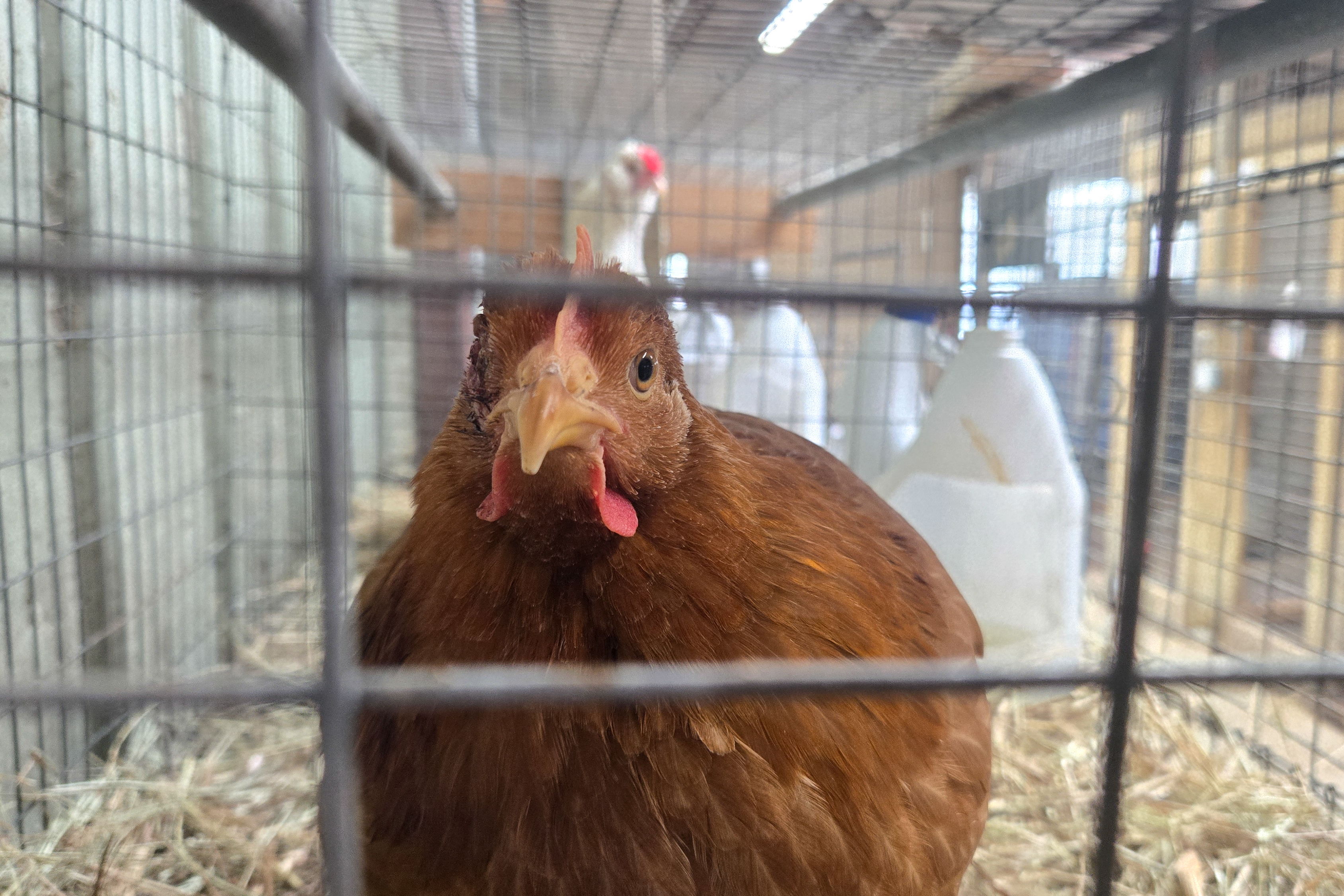Bird flu hits Belgian poultry farm as outbreak spreads

Belgium has recorded its first outbreak of highly pathogenic avian influenza (H5N1) this year at a poultry farm in Sint-Gillis-Waas, East Flanders. The Federal Agency for the Safety of the Food Chain (FAVV) confirmed the news on Tuesday. This follows five earlier cases detected among hobby poultry keepers.
In order to contain the outbreak, the authorities have established a three-kilometre protection zone around the affected farm, where all poultry will be culled. In addition, poultry keepers within a 10-kilometre radius are required to confine their birds, with stricter rules applying in the core zone, where all captive birds must be protected.
The number of infections in wild birds has increased in recent weeks
"The number of infections in wild birds has increased in recent weeks," said FAVV spokeswoman Hélène Bonte. "This indicates the presence of the virus in Belgium and poses a serious risk to poultry kept outdoors. We strongly advise owners to protect their birds from wild species, for example by covering enclosures with netting".
Infected wild animals
Infections in wildlife were already recorded in Belgium this year, including a dead goose and a sick swan in the province of Limburg, as well as a buzzard, a grey heron and two seagulls on the coast.
Avian influenza, or bird flu, is a highly contagious viral disease that primarily affects birds, particularly poultry and wild waterfowl. It is caused by influenza A viruses, with strains classified as either low pathogenic (LPAI) or highly pathogenic (HPAI) based on their severity. The highly pathogenic H5N1 strain, which has been spreading globally, poses significant risks to bird populations, leading to mass culling in poultry farms to prevent outbreaks. |
|---|
In recent years, avian influenza has spread to six continents, affecting at least 485 species of birds and around 50 species of mammals, including polar bears, seals, dolphins and even captive tigers.
In the United States, the avian flu crisis has led to a severe shortage of eggs and skyrocketing prices, dubbed 'eggflation'. Since 2022, more than 150 million birds have died from bird flu, prompting supermarkets to ration egg purchases and restaurants to add surcharges to egg-based dishes. With no end to the outbreak in sight, poultry farmers worldwide are facing increasing economic pressure.
#FlandersNewsService | © Moisés ÁVILA / AFP
Related News

